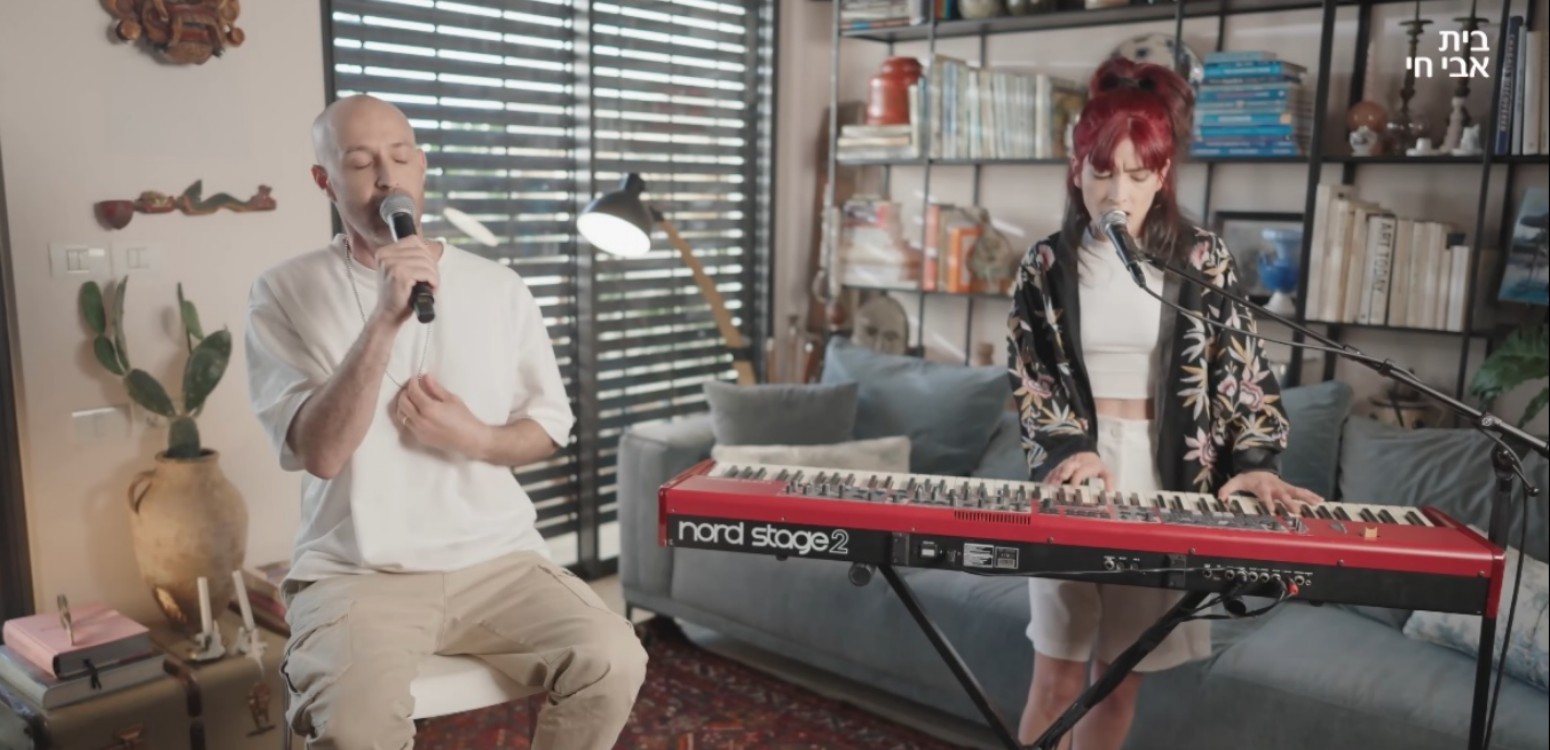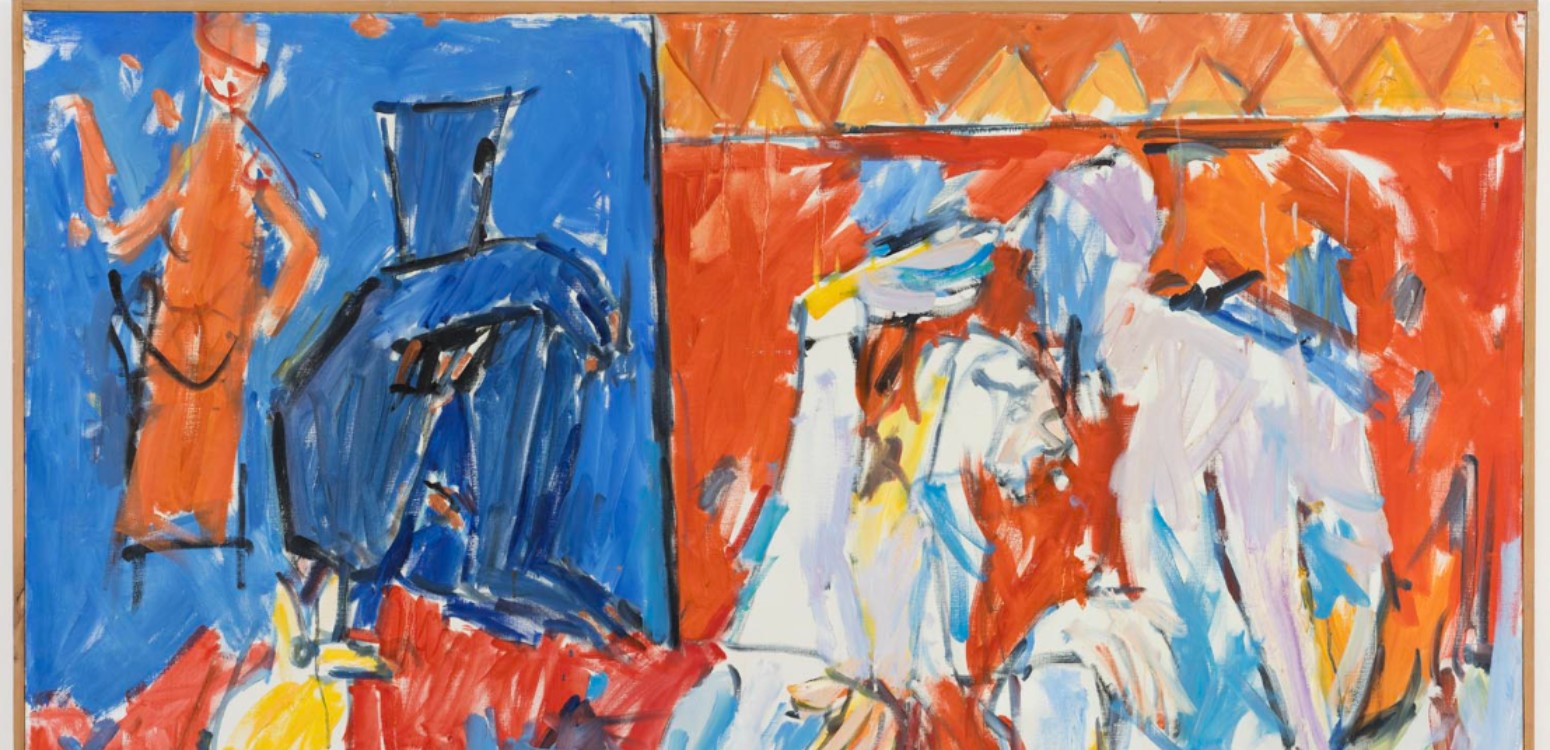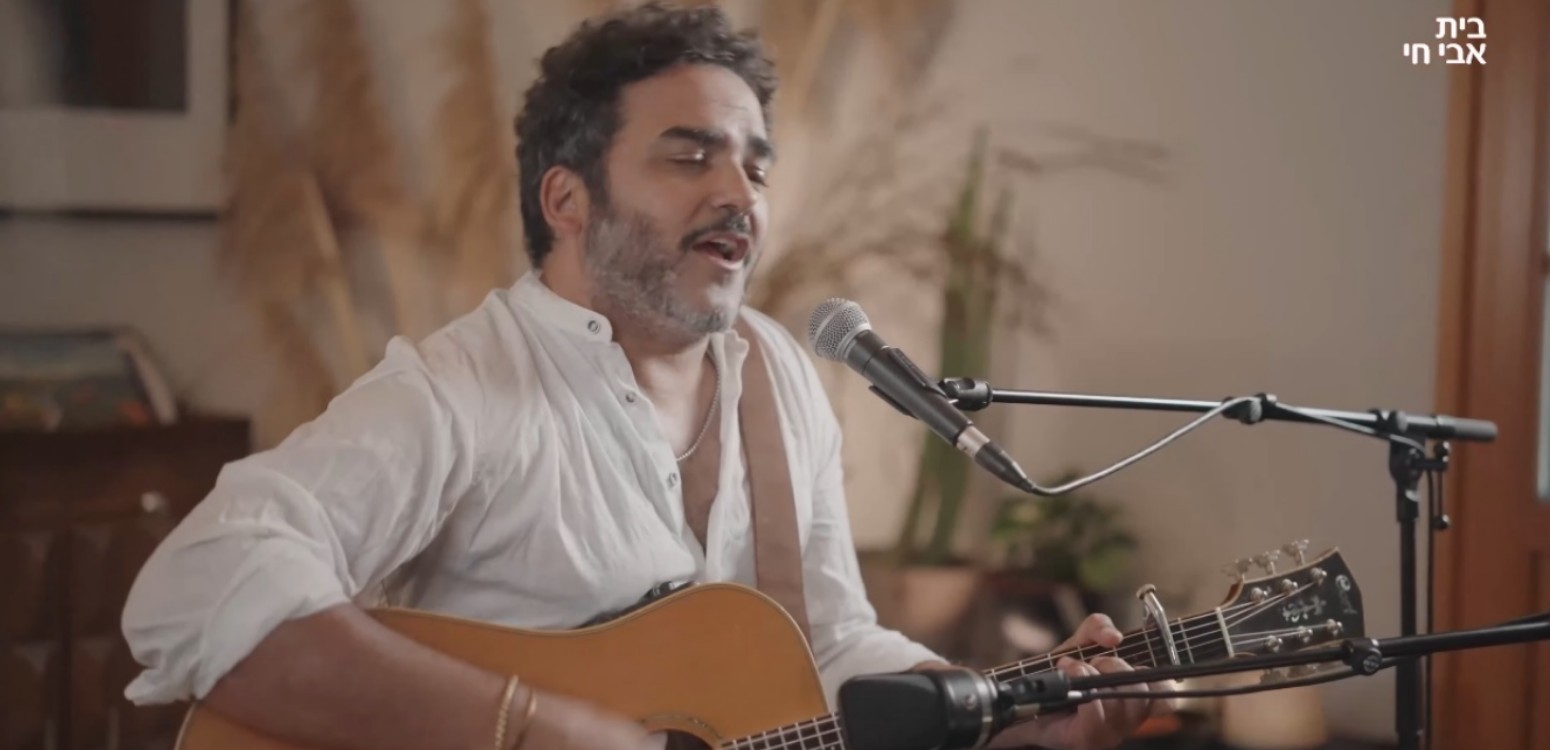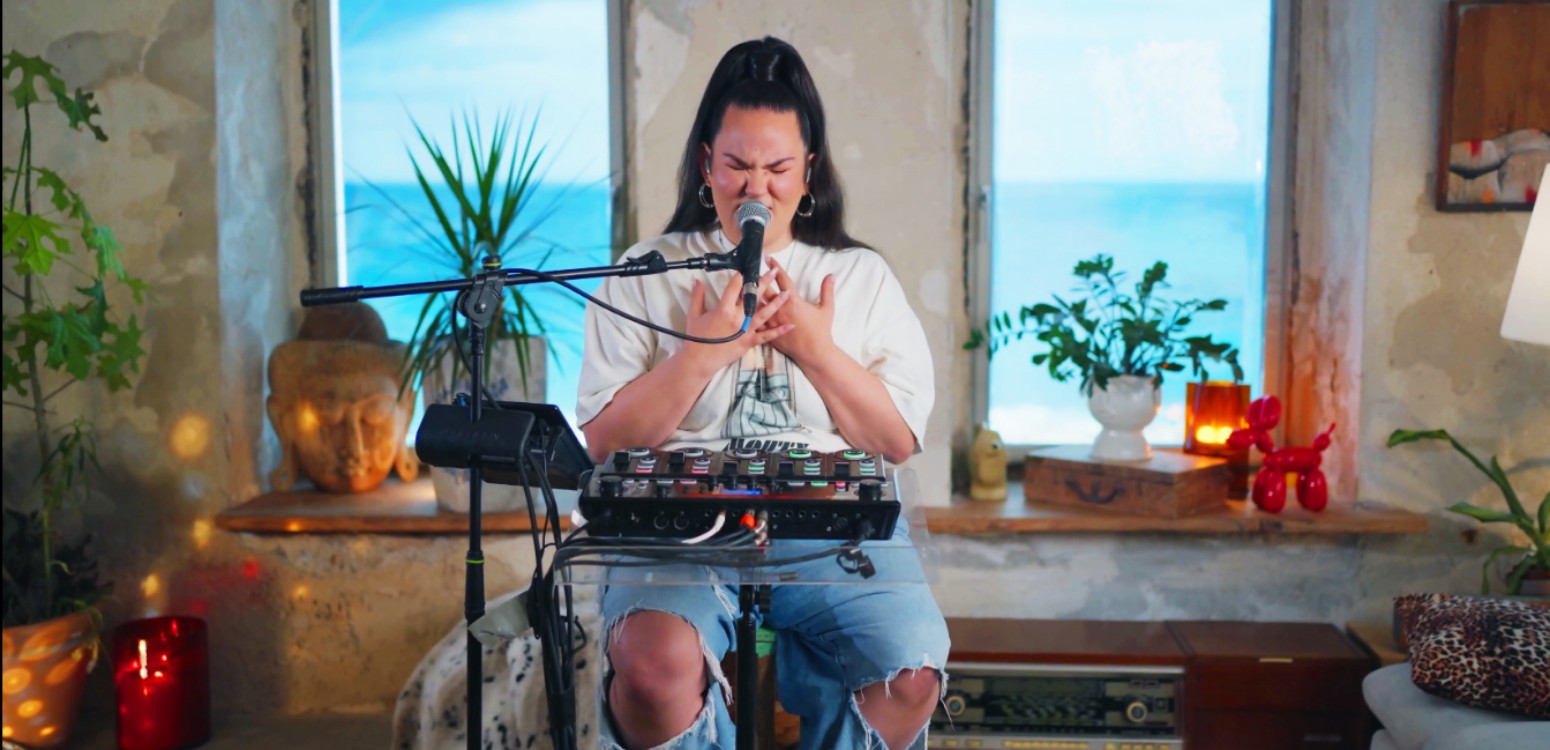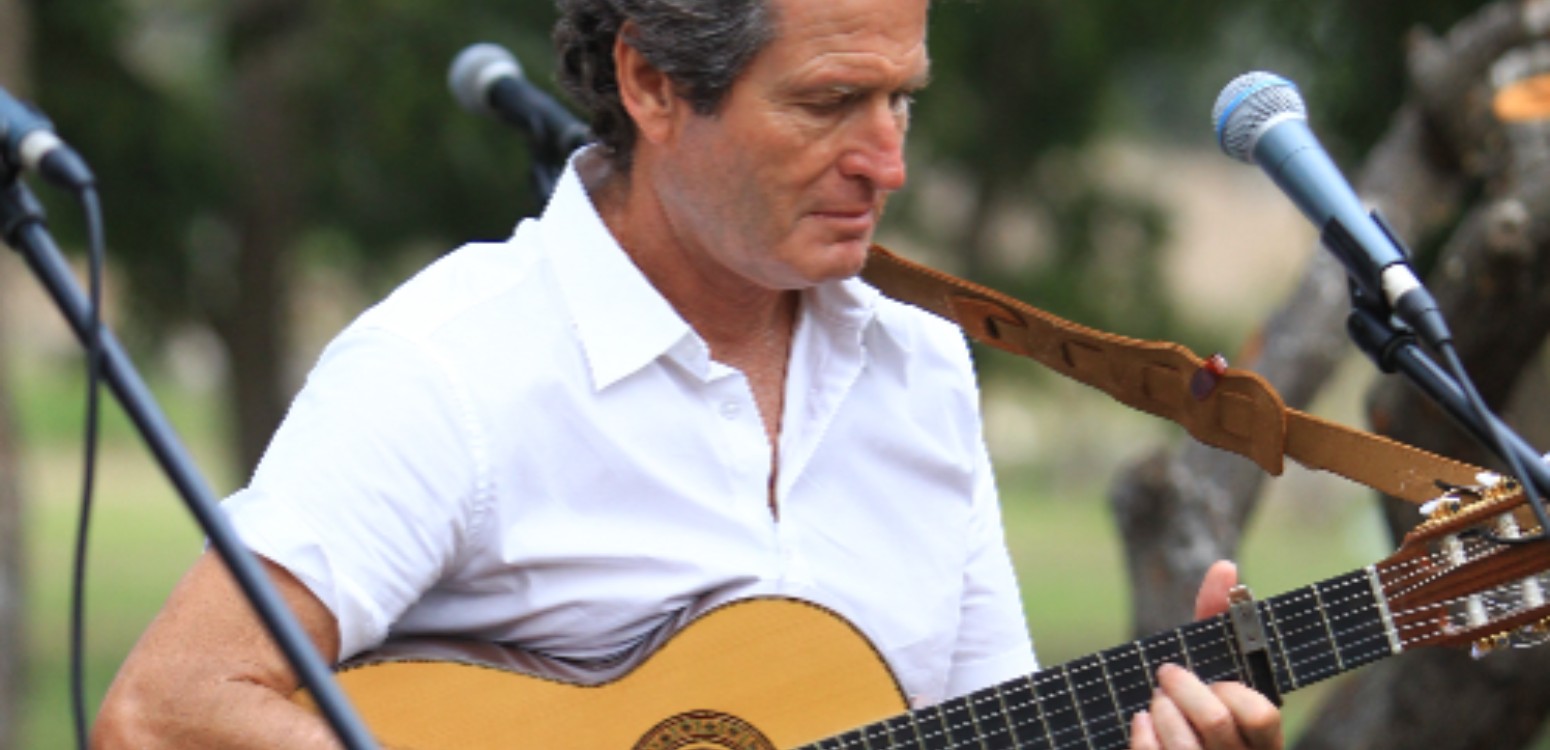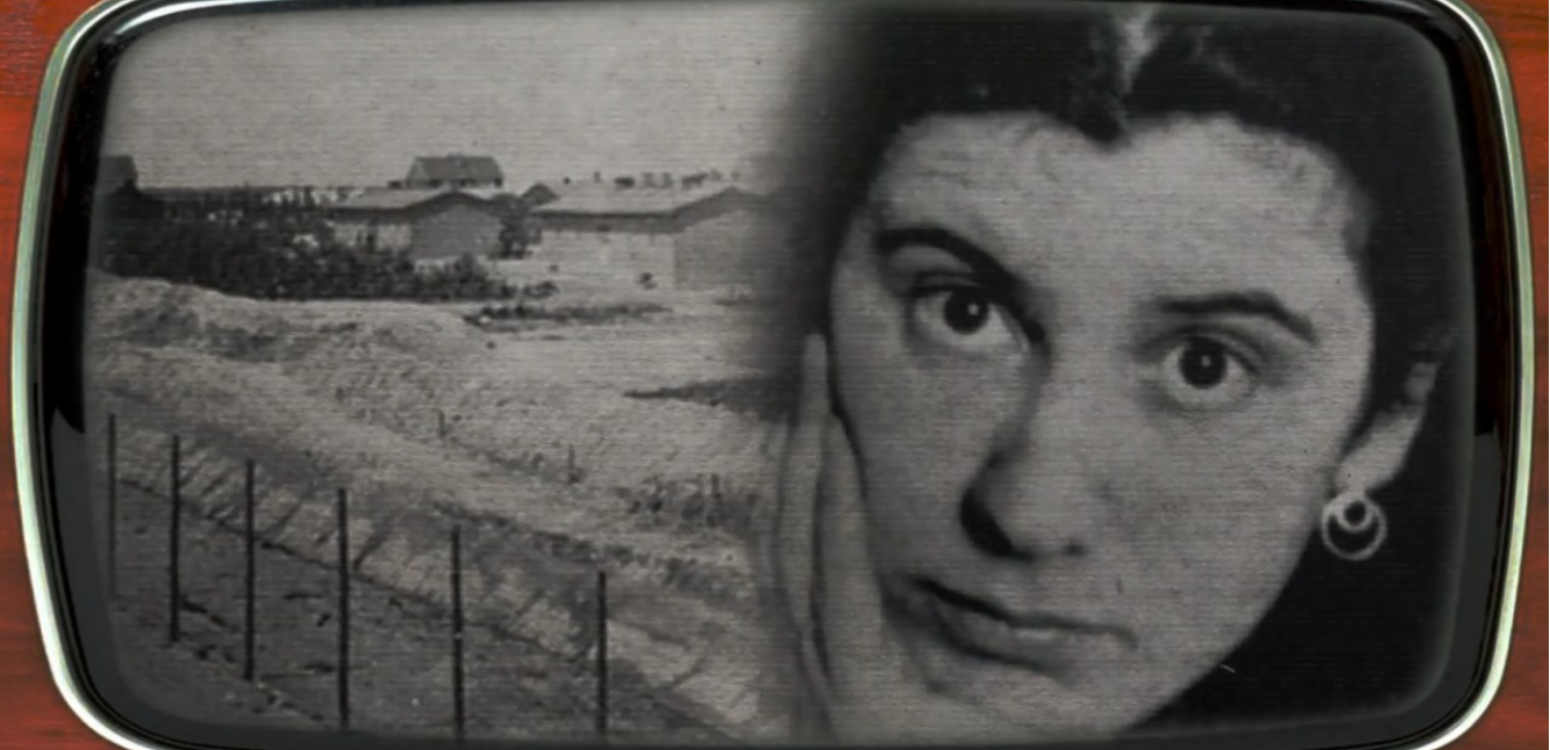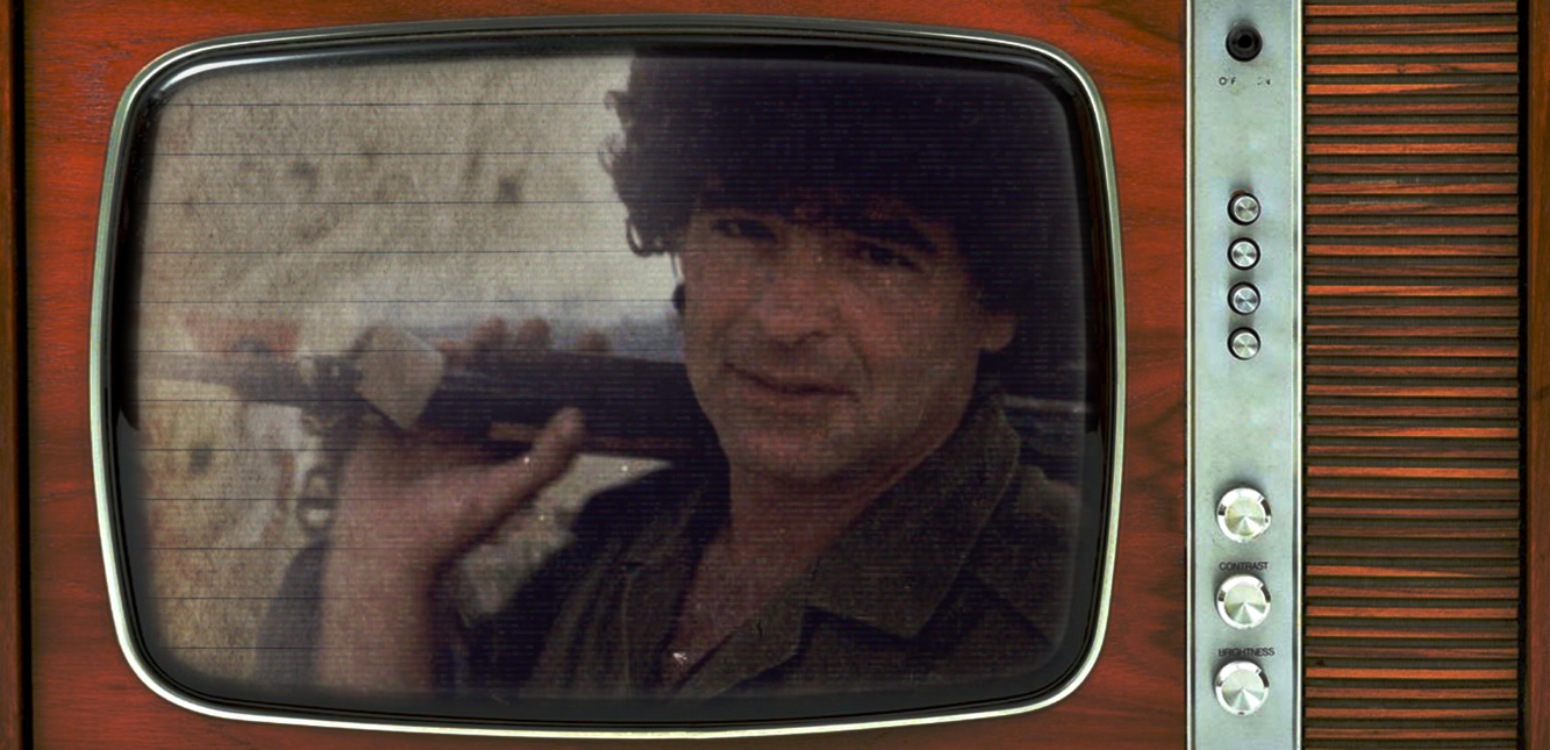“A song is a magical cultural capsule. The moment a song comes out, it belongs to the audience no less than its creator,” says Maya Kosover, just before she returns with a second season of “A Song of Longing.” In this series of stage events, she takes musicians on a journey back in time to the roots of their work, promising to bring to light memories, sounds, and stories behind the greatest hits of Israeli music
Our first sounds and steps are deeply rooted in our parents’ influence. To understand how Israeli musicians inherited their musical essence, we must explore their childhood memories. In Beit Avi Chai’s series “A Song of Longing,” Maya Kosover delves into musicians’ early years, revealing how childhood sounds shaped their greatest hits.
“There’s nothing that intrigues me more than the way in which the past pulls on the string of the present,” says Avishai Huri, the artistic director of the series. “Childhood memories contain everything; they are like geological layers. Clever geologists can point at these layers and understand through them how the present rock was formed. In the series ‘A Song of Longing’ we’re tracing the different streams of childhood, which overflowed and created our most beautiful songs.”
A whole that’s greater than the sum of its parts
“I’ve had the idea of building a show based on childhood memories for years, and it’s finally been realized with ‘A Song of Longing.’ Maya Kosover and I started working on the series after October 7, when the question of what it meant to be a child in the State of Israel became more fractured and charged than ever before. Public discourse echoed both this and the need for a common story even more strongly, as well as the need to interrogate our foundations and the values upon which we were raised.”
“I’ve been formally researching Israeli songs for eight years,” Maya Kosover, the host of the series, says, “but this work – the attempt to deeply understand Israeli songs, which is really an attempt to better understand myself and the society I live in – I’ve been doing that since I learned to read.
“A song is a magical cultural capsule. The connection between words and melody creates a whole that’s greater than the sum of its parts. There are already stories hidden in a song – the story that led to the writing of the song, the story contained in the song itself, the story of the song’s creation and production – and these also often tell us something about the listeners, because the moment a song comes out, it belongs to the audience no less than to its creator.”
A window into a stormy inner world
During the probing in the archives, looking at picture albums and films from the past and listening to stories, the question of the childhood soundtrack repeatedly arises – the first sound that stayed with the artists many years after they heard it at their grandma’s house, from their father, at synagogue, or on records smelling of distant places.
“The artists appear on stage and we dive into their archives,” Huri says. “We show their photo albums on a giant screen in the background, alongside footage of the start of their music career and other highlights. This creates a kind of beautiful mosaic that connects the present and the past with great love for Israeli music, for Hebrew words, for the sources of inspiration, for the diverse influences, and the role all these play in forming our identity and culture.”
Childhood music isn’t just a nostalgic background, but an important component in shaping one’s self. “To a great extent, the music that I heard in my childhood shaped my identity,” Kosover says. “Through songs I began to understand who and what I am, where I came from and where I wanted to go. The songs opened a window for me into worlds and stories that I didn’t know, and at the same time opened a window into the inner world, which rustled and roared.”
The sound of his father’s prayers was engraved in him
“A Song of Longing” proves Kosover’s point that songs open a window into other worlds, both for the audience and the artist. One of the guests in the previous season was actor, writer, singer and Breslover Hasid Shuli Rand, best known for his role as the protagonist in the film “Ushpizin” (2004), for which he wrote the screenplay. Rand was raised in an extremely musical family, but while everyone was singing Shabbat songs, he preferred to escape and play soccer. “My home was very open artistically,” he said on the stage. “My parents came from France, and I heard a lot of chansons [lyric-driven French songs]. There was also classical music. It was a very musical home; I was seen as the black sheep. At home they sung Shabbat songs in solfège, that is, only the notes; I wasn’t into it. All the time I wanted to go outside.” Rand would wait for the meal to end with Shir Hamaalot before running outside to play soccer. It even resulted in his nickname: Shuli Shir-Hamaalot.
But despite the escape from music, the sound of his father’s prayers was engraved in him. When his father prayed Kol Nidre or Ne’ila during Yom Kippur, Shuli would come and listen to him, even when he was no longer religious (he would return to religion later in life). At the end of the prayer his father used to search him out with his eyes to get his approval. “On Yom Kippur eve I would phone him when I was far away, and he would sing for me the entire Kol Nidre by phone. I can say that I’m still searching for my father’s niggun today,” he said on the Beit Avi Chai stage.
Grandma sang just for me
Singer-songwriter Rona Kenan also carries childhood melodies with her. The daughter of the authors Amos Kenan (1927-2009) and Nurith Gertz, she grew up in a household of culture and words in which she sought closeness with her father and was embraced by her mother, but her deepest connection to music was formed at her grandmother’s home in Motza. “I was really close to my grandmother Dvorah,” she tells Kosover. “Most of the things I remember from childhood are from Motza, from my grandmother’s house. I really loved Grandma Dvorah. She died aged 102 and she was one of the pioneers – she made aliyah with Hashomer Hatzair. She studied biology in Italy and taught it in Israel. She was an educator for generations of students. To this day people sometimes approach me and say ‘your grandmother was my revered biology teacher.’ To a certain extent she raised me as well. I was very close to her, physically as well. I really loved to hug her, to sleep in her bed. I went to her and slept in her bed and held her hand all night, and she sang me many, many songs.”
Singer-songwriter Karolina also spoke about her special relationship with her grandmother, who sang songs just for her. “She was different from my mother,” she explained. “Grandma was rougher, while my mother had a kind of infinite gentleness. What was gentle about Grandma Esterica was that she quietly raised me with a strong hand. Only me, only me. Nobody heard her sing, but she sung to me in Greek, Turkish, and French. She sung like [the Cape Verdean singer] Cesária Évora – a voice that makes you say ‘wow.’” These were folk songs that sometimes had challenging themes, but Karolina remembers her voice like a special kind of magic: “She had the most beautiful voice I ever heard in my life.”
Musical therapy
For singer-songwriter and actress Marina Maximilian, who was born in the Soviet Union and at the age of three immigrated to Israel with her parents, music was always present growing up. Her mother, who worked in the musical industry, filled the home with sounds. One of the sounds that accompanied her all her life was the lullaby that her mother sung to her and that today she sings to her daughters. “This song describes the entire room going to sleep, toy after toy, and it’s something that I want to pass forward. My mother too, even today, if I call her and say that I can’t sleep, she sings it to me.”
In her conversation with Marina, Maya Kosover mentioned the pains of immigration, the “heartache of two homelands” in the beautiful words of Leah Goldberg (1911-1970), the poet who made aliyah from Lithuania to Israel. Despite this pain, Kosover said, it seems that for Maximilian this migration is a love story in two languages. Maximilian put Goldberg’s poem “Deep in the Dew” to music, returning it to Eastern Europe by performing the song in Hebrew and Russian, with the Russian part translated by Maximilian’s mother:
Finally, Maximilian brought her mother onstage for a joint performance of the 300-year-old song ‘Russian Canon.’ Marina’s mother, who works in music herself, said before the performance that she thinks “everything connected to music, especially when it’s accompanied by text, is actually therapy; it enters the body and does only good things”:
The rooster’s law
To grow up in a musical household is a challenge and not only a privilege. Both Alon Eder and Assaf Amdursky, the sons of famous musicians, described the difficulties as well as the magic. Alon Eder, the son of the musician Yehuda Eder and the actress and singer Miki Kam, described a childhood in the shadow of the famous family name and the need to define his musical identity separately. “As a child, I think I was really proud of it… but over the years this changed a lot and became a kind of shadow – something I was embarrassed of and tried to hide.”
Musician Assaf Amdursky, whose parents divorced when he was a child, said that in accordance with the custody arrangements he only met his father for two hours each week, which were extremely precious to him. His musical father Benny Amdursky (1931-1994) led a bohemian life that enchanted Assaf from a young age.
Amdursky also described the complexity of being a singer just like his father, describing the “rooster’s law” of the world of music: if both a parent and their child are singers, it’s rare that they’re both prominent at the same time. The week his father died, there was a changing of the guard, or the handing over of the baton.
See the events in the new season of “A Song of Longing” (in Hebrew).
This article was originally published in Hebrew.
Main Photo: Arik Futterman













